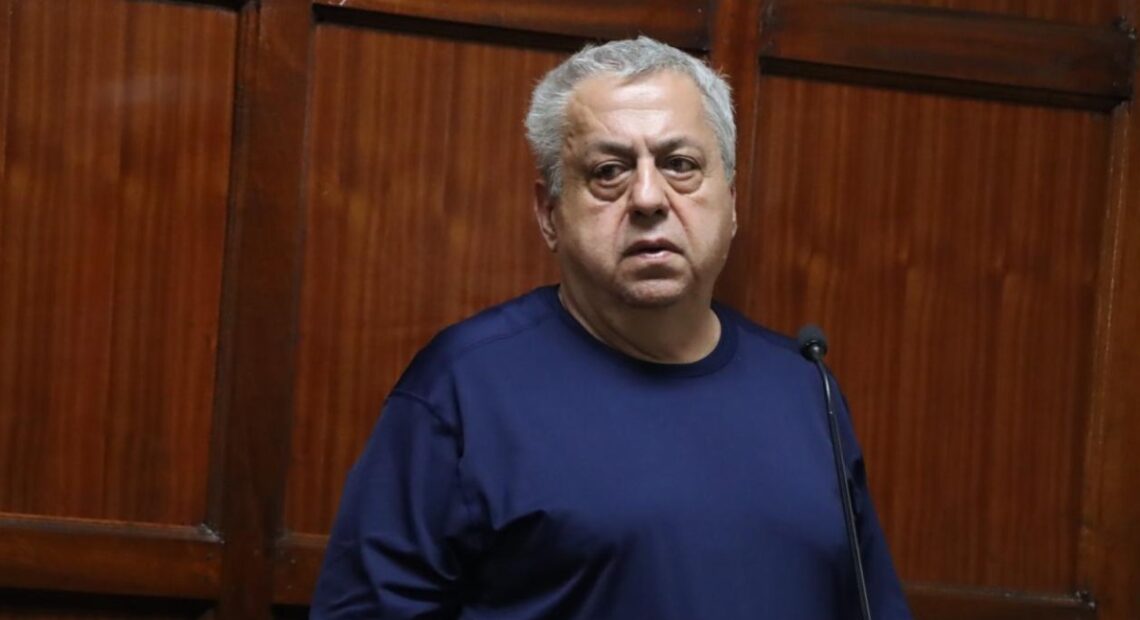Lebanese Man in Kenya Denied Bail, Faces U.S. Extradition

A Lebanese man accused of money laundering in Kenya has been denied bail and is set to be extradited to the United States. This is to face charges. The suspect, whose identity has not been disclosed, is alleged to have been involved in a sophisticated international money laundering operation. The Kenyan judiciary cited the charges’ gravity and the flight risk. It has ordered that the suspect remain in custody pending extradition proceedings.
Background of the Case of the Lebanese man
The suspect’s arrest was in Nairobi following a request from U.S. authorities, who have investigated a network involved in laundering illicit funds across multiple countries. The operation is believed to have ties to various criminal enterprises. They include drug trafficking and financing of sanctioned organizations. The U.S. Department of Justice has been actively pursuing individuals connected to these networks, emphasizing the global reach and impact of such illicit financial activities.
Legal Proceedings in Kenya
During the bail hearing, the prosecution presented evidence suggesting that the suspect had access to substantial resources and international connections, increasing the likelihood of absconding if released. The defence argued for bail, citing the suspect’s health and family ties in Kenya. However, the court ruled in favor of the prosecution, highlighting the charges’ seriousness and the case’s international implications.

Implications for Kenya’s Legal Framework
This case underscores Kenya’s commitment to international cooperation in combating financial crimes. The Kenyan government has been working to strengthen its legal framework. This is to facilitate extradition and prosecution of individuals involved in transnational crimes. Recent legislative amendments aim to streamline extradition processes and enhance the country’s ability to respond to international requests for legal assistance.
International Context Involving the Lebanese Man’s Case
The extradition of the Lebanese suspect aligns with global efforts to dismantle money laundering networks. These networks finance terrorism and organized crime. Similar cases have seen individuals extradited from various countries to face charges in the U.S. Thus, reflecting a concerted international approach to tackling financial crimes. These collaborative efforts are crucial in disrupting the economic infrastructure of criminal organizations and ensuring accountability across borders.
Conclusion
The denial of bail for the Lebanese man accused of money laundering in Kenya marks a significant step in the country’s efforts to uphold international justice. As extradition proceedings move forward, the case serves as a reminder of the importance of global cooperation. This is in addressing complex financial crimes that transcend national boundaries.




